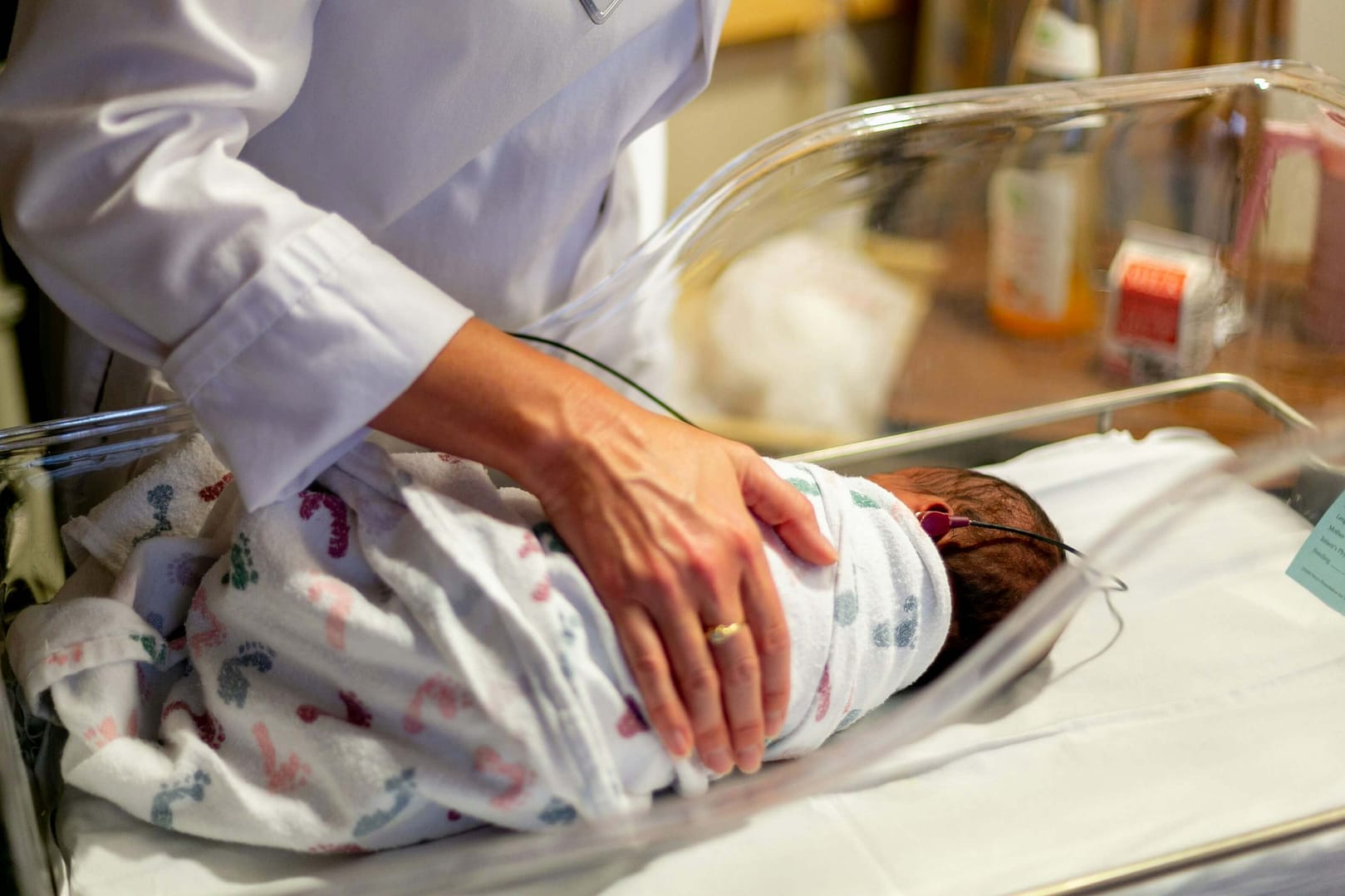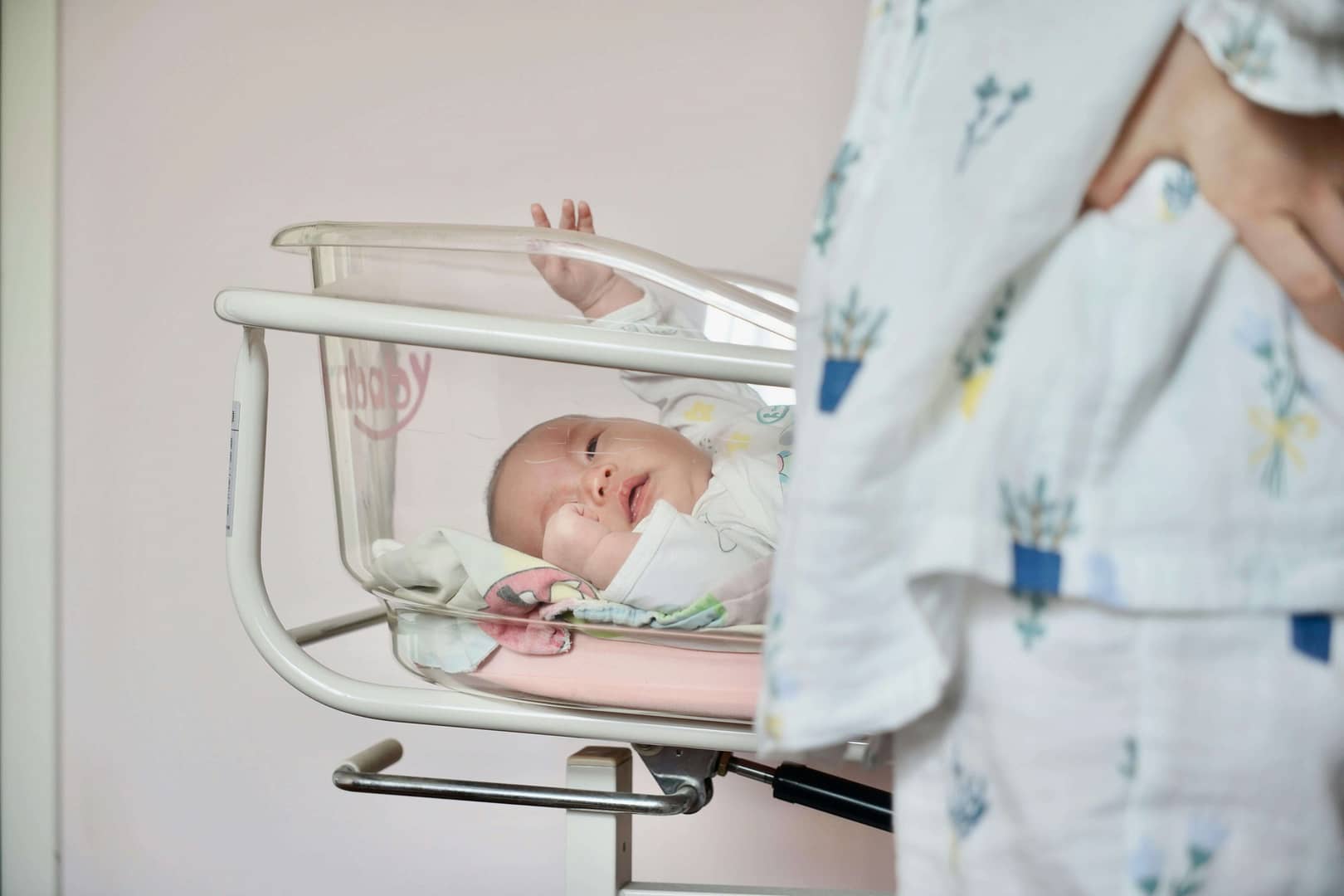Neonatal clinical negligence cases are a sombre aspect of the medical world, one that unravels the heart-wrenching stories of newborns and their families navigating the complexities of a healthcare system. In this article, we will delve into what medical negligence after birth entails, specifically focusing on neonatal clinical negligence. We will explore the definition, causes, and the consequences of such cases, all while keeping a keen eye on the legal aspects within the United Kingdom.
What is Medical Negligence After Birth?
Medical negligence after birth, often referred to as clinical negligence or medical malpractice, occurs when a healthcare professional fails to provide the standard of care that is expected in their field. This deviation from the norm can result in harm to the patient. When it comes to medical negligence after birth, it primarily revolves around the care of newborns and infants during the postnatal period.
Imagine a scenario where parents are filled with excitement and anticipation as they welcome a new life into the world. However, this joy can turn into despair when the care provided to their newborn falls short of acceptable medical standards. Neonatal clinical negligence cases come into play when medical professionals fail to meet their duty of care towards newborns, leading to injuries, long-term health issues, or even fatal outcomes.
What is Neonatal Clinical Negligence?
Neonatal clinical negligence is a subset of medical negligence that specifically pertains to the care and treatment of newborn infants. These cases are often associated with the period immediately following birth, which is crucial for a child’s health and well-being. The neonatal phase, ranging from birth up to the first 28 days of life, is a critical time in a child’s development.
In a neonatal clinical negligence case, the focus is on whether the healthcare provider, typically a doctor, nurse, or midwife, has failed to provide the standard of care required to ensure the health and safety of the newborn. This deviation from the expected level of care can result from various factors, such as misdiagnosis, medication errors, surgical errors, and more. These cases are complex, and they demand a meticulous investigation to determine whether negligence was, indeed, a contributing factor.
To better understand neonatal clinical negligence, let’s explore some of the common causes and consequences.
Common Causes of Neonatal Clinical Negligence
Misdiagnosis or Delayed Diagnosis
One of the most prevalent causes of neonatal clinical negligence is misdiagnosis or a delayed diagnosis of a medical condition in a newborn. Imagine a scenario where a medical professional fails to identify a serious health issue promptly. This delay can have severe consequences for the infant’s health and well-being. For example, a delayed diagnosis of a congenital heart defect can lead to life-threatening complications.
Medication Errors
Medication errors in neonatal care can also result in severe consequences. Administering the wrong medication or an incorrect dosage to a fragile newborn can lead to adverse reactions, complications, or even death. The meticulous calculation and administration of medications are crucial to ensure the safety of the infant.
Surgical Errors
In some cases, neonatal clinical negligence may involve surgical procedures performed on newborns. Surgical errors, such as performing the wrong surgery or making mistakes during the procedure, can have devastating consequences. Newborns are incredibly vulnerable to the impact of surgical mistakes.
Inadequate Monitoring
Newborns often require continuous monitoring to ensure their health and safety. Inadequate monitoring, whether it’s during labour and delivery or in the neonatal intensive care unit (NICU), can lead to serious complications. For instance, failure to monitor a baby’s oxygen levels can result in brain damage or cerebral palsy.
Birth Injuries
Neonatal clinical negligence cases can also involve birth injuries. These injuries may occur during the delivery process due to medical errors or negligence. For example, the improper use of forceps during delivery can cause birth injuries like nerve damage or skull fractures.
Receive a Call About Your Claim
The Consequences of Neonatal Clinical Negligence
The consequences of neonatal clinical negligence are heart-wrenching and far-reaching. Families often endure unimaginable emotional and financial burdens as they strive to provide the best care for their injured or compromised newborn. Some of the potential consequences of neonatal clinical negligence include:
Long-Term Health Issues
Negligence during the neonatal period can lead to long-term health issues for the affected child. These issues may range from developmental delays to chronic medical conditions. For instance, a failure to diagnose and treat a neonatal infection promptly can result in lifelong health challenges.
Disabilities
In more severe cases of neonatal clinical negligence, the child may sustain permanent disabilities. These disabilities can encompass physical, cognitive, or sensory impairments. Disabilities can significantly impact the child’s quality of life and require ongoing medical care and support.
Emotional Distress
The emotional distress experienced by the parents and family of a child affected by neonatal clinical negligence is immeasurable. Witnessing the suffering and challenges their child faces can take a toll on their mental and emotional well-being.
Receive a Call About Your Claim
Financial Strain
The cost of caring for a child with neonatal clinical negligence-related issues can be staggering. Families may face substantial medical bills, therapy costs, and other expenses. This financial strain can be long-lasting and may require legal action to secure compensation for the child’s future care and well-being.

Legal Aspects of Neonatal Clinical Negligence Cases in the UK
In the United Kingdom, neonatal clinical negligence cases fall under the purview of medical malpractice law. Families who believe their child has been a victim of medical negligence have the option to pursue legal action against the responsible healthcare providers. This legal process can help families secure compensation to cover the costs associated with their child’s injuries or conditions resulting from negligence.
The legal process in the UK involves several key elements:
Duty of Care
To establish a neonatal clinical negligence case, it is essential to prove that the healthcare provider owed a duty of care to the newborn. This duty of care is a legal obligation to provide a certain standard of medical treatment.
Breach of Duty
The next step is to demonstrate that the healthcare provider breached this duty of care. In other words, it must be shown that they failed to provide the expected level of care.
Causation
Causation is a crucial aspect of any medical negligence case. It must be established that the breach of duty directly caused harm to the newborn. This requires expert medical testimony to link the negligence to the child’s injuries.
Damages
Finally, it is necessary to prove that the child and their family have suffered damages as a result of the negligence. Damages can include medical expenses, ongoing care costs, pain and suffering, and other related expenses.
Making a Clinical Negligence Claim with National Claims
At National Claims, we understand the challenges and complexities that families face when dealing with neonatal clinical negligence cases. Our team is dedicated to helping families navigate the claims process to seek justice and compensation for their child’s injuries. We have a track record of success in handling clinical negligence claims, and we are here to guide you every step of the way.
Initial Consultation
The first step in making a clinical negligence claim with National Claims is to schedule an initial consultation. During this consultation, our team will connect you with solicitors how will listen to your story, gather information about your case, and provide an initial assessment of its viability. We understand the emotional toll these cases can take, and we approach each case with empathy and professionalism.
Gathering Evidence
Once we take on your case, our team will work diligently to gather all the necessary evidence to support your claim. This may include medical records, expert opinions, and witness testimonies. We leave no stone unturned in building a strong case on your behalf.
Conclusion
Neonatal clinical negligence cases are a tragic reality for some families in the United Kingdom. While the emotional toll is immeasurable, it is essential to seek justice and compensation for the harm caused to your child due to substandard medical care.
National Claims is here to assist you in this challenging journey. We are committed to providing you with guidance, empathetic support, and a relentless pursuit of justice. Our team will help you navigate the process, from the initial consultation to gathering evidence and representation.
By working with National Claims, you can be confident that you are not alone in your pursuit of justice. We are dedicated to advocating for the well-being of newborns and their families, and we will stand by your side throughout the process.
Contact us to get started on your claim today and speak to one of our helpful claims agents.
Click below to see why we are one of the most trusted claims management companies in the UK.

We’re proud of our excellent customer reviews
We thrive on delivering exceptional service and ensuring our clients’ satisfaction. Don’t just take our word for it. Check out some of our independent reviews to see what our clients have to say.
Excellent

This firm is excellent, they sorted out my car pay out and injury claim very fast, they always communicate with you all the time.

My accident case was dealt with confidence and with great result of the outcome, especially James kept me informed all the time.

I was very impressed at the way my inquiry was treated. I was listened to attentively and everything I needed to know was explained to me.






